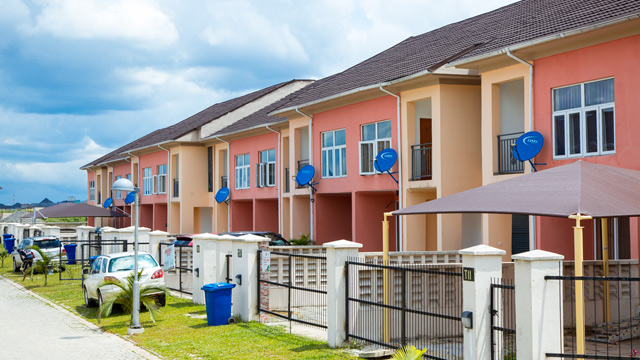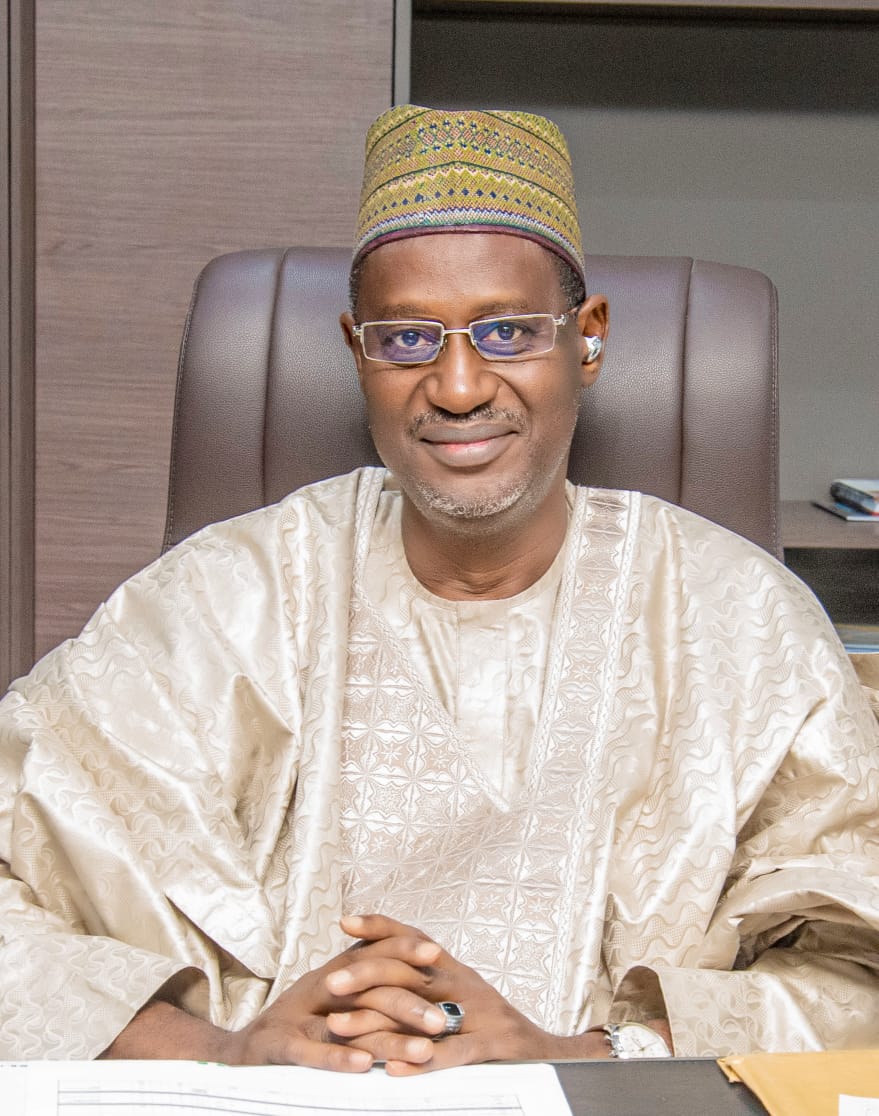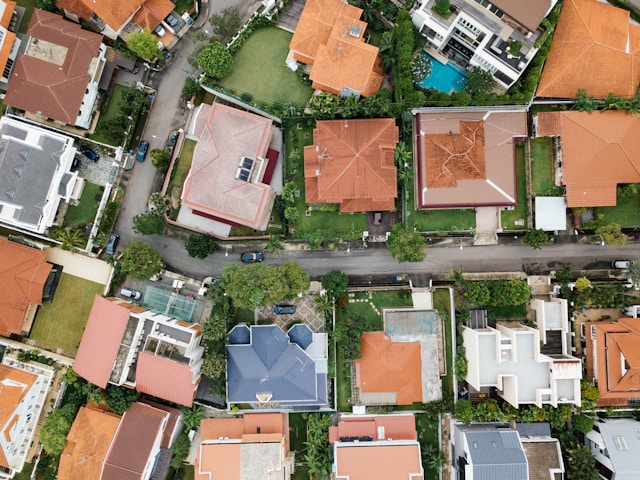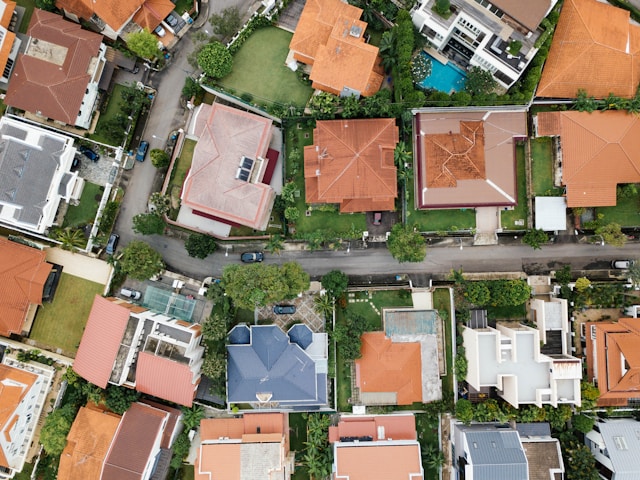
2021 projected to be good year for real estate sector in Nigeria if…?
Despite the job losses and salary cuts caused by Covid-19 pandemic which prevented many home seekers from renting better apartments or purchasing new homes in 2020, experts are optimistic that 2021 will be a good year for the real estate sector in Nigeria.
What this means for investors is that it is time to move cash to the market to tap available opportunities which the year promises to offer, especially in the residential segment of the market where, by default, Covid-19 has brought about by reason of the new normal.
However, the experts surmise that the projection depends largely on a number of variables including inflation which needs quantitative easing, foreign exchange market that needs to be stabilised, and political will on the part of the government to implement or cause to implement the mass housing initiative as recommended by the Economic Sustainability Committee (ESC).
Besides the deep impact of Covid-19 on the sector in 2020, hyper-inflationary trend which has pushed up costs, including those of building materials, especially cement and re-enforcement (rods), to unprecedented levels, is also a major source of worry.
“What we have today in the building materials market is a crisis situation. In Lagos and Abuja, for instance, cement is not found anywhere in the market. The price has gone up by more than 30 percent in the last three months and this has grave implications for the construction sector,” Yemi Madamidola, an estate manager, confirmed to BusinessDay.
Madamidola was optimistic, however, that addressing this issue along with the high exchange rate will spur activities in the real estate sector in the new year, noting that for a sector like real estate that depends heavily on imported inputs, a low exchange rate can only enhance the supply and reduce cost.
Though the ‘new normal’ which came with the pandemic has led to increasing vacant space in many office buildings as some workers have chosen to work from home, PropertyPro.ng, an online property firm, reasons that a section of the workforce, who now works remotely, may have an increased need for larger spaces, adding, “specifically for millennials looking for improved privacy, the need for new apartments will probably surface. This means that the market will still be active despite the odds.
It is expected that when the government starts in earnest to implement the recommendations of the ESC which are part of efforts to buoy economic activity amid the pandemic and recession, this sector will be upbeat in the new year.
Recently, the Central Bank of Nigeria (CBN) approved NGN 200 billion (US$ 520 million) in mortgage finance to fast track construction of 300,000 social housing units for low-income households, and to create new jobs for the unemployed.
The 300,000 mass housing initiative will benefit from the sum of N2.3 trillion Economic Sustainability Plan which was approved in June 2020 by President Muhammadu Buhari . Expectation is that the social housing project will employ the services of both established developers and young small-medium scale professional contractors such as architects, engineers, quantity surveyors, accountants, etc.
The development of the housing project which cuts across the six geopolitical zones of the country and will comprise one, two and three bedroom units, is going to serve as a launch pad for increased construction activities in the new year. It has been hailed by real estate sector stakeholders.
“Federal government’s decision to build 300,000 houses around the country and also to spend N2 trillion on rural roads construction is a welcome development that will positively impact the economy in various ways,” Femi Akintunde, GMD, Alpha Mead Group, noted.
“First, it is a form of reflationary measure that will stimulate economic output through increased spending in housing and infrastructure development. Such investment will create large scale employment, increase the stock of housing and the provision of additional road infrastructure that will help to improve connectivity and further ease our logistics challenges,” he added.
But he has his concerns which, he explained, bordered on structural dislocations in the financing structure for the housing sector. Correcting these structural dislocations, according to him, is necessary for the planned 300,000 mass housing and rural roads to be effective.
Akintunde advised that any available fund to be provided by the government must be designed in a way that will be targeted to impact the primary mortgage banks (PMBs) directly on the demand side and the real estate developers on the supply side.
He reasoned that, unless the developers have access to reasonably priced funding, they will not be able to create sufficient stock of mortgageable housing that the PMBs could finance.
“Where the developers continue to struggle to produce the houses under the current inflation and recession in the economy without any form of support from the government, they will produce and sell at the most economically viable price that will not be affordable to an average Nigerian,” he said.
Similar Topics
To address ongoing challenges in the housing sector, Uzo Oshogwe, the Managing Director and Chief...
a day ago Read MoreThe House of Representatives has approved a significant budget increase for the Ministry of...
4 days ago Read MoreThe Osun State Government, in partnership with foreign collaborators, has initiated a reforestation...
10 days ago Read MoreDr. Seyi Olufemi, the CEO of Casafina Development Company, has counseled investors to purchase...
14 days ago Read MoreThe Economic and Financial Crimes Commission (EFCC) is tightening regulations on estate surveying...
18 days ago Read MoreNigeria has attracted $600 million in real estate investments over the past 13 years, according to...
23 days ago Read MoreThe real estate sector is still struggling despite its potential as economic challenges hinder...
26 days ago Read MoreThe Financial Caucus of African Ministers of Housing and Urban Development has elected Ahmed...
29 days ago Read MoreAbuja was ranked as the least expensive African city for foreigners to reside in by the American...
29 days ago Read MoreDr. Iziaq Salako, the Minister of State for the Environment, announced that Nigeria lost...
a month ago Read MoreLeading figures in the real estate industry have expressed concerns about unethical practices by...
a month ago Read MoreNigeria has experienced approximately 604 building collapses between 1974 and May 30, 2024,...
a month ago Read MoreIn the past twelve months, Governor Peter Mbah of Enugu State, South East Nigeria, has shown a...
a month ago Read MoreLand buyers at the Oko-Orisan waterfront residential scheme, developed by the Lagos State...
a month ago Read MoreA development that is apparently strange in this clime is brewing as construction workers in...
a month ago Read MoreThe company’s Chief Executive Officer, Mr Odunayo Ojo, highlighted UPDC’s unwavering...
a month ago Read MoreThe real estate sector has undergone significant regulatory changes impacting housing market...
a month ago Read MoreThe Nigerian Institute of Quantity Surveyors (NIQS) has announced plans to establish a...
a month ago Read MoreNyesom Wike, the Minister of the Federal Capital Territory (FCTA), announced that the FCT...
a month ago Read MoreAkintoye Adeoye, the newly elected President of the Real Estate Developers’ Association of...
a month ago Read More


















